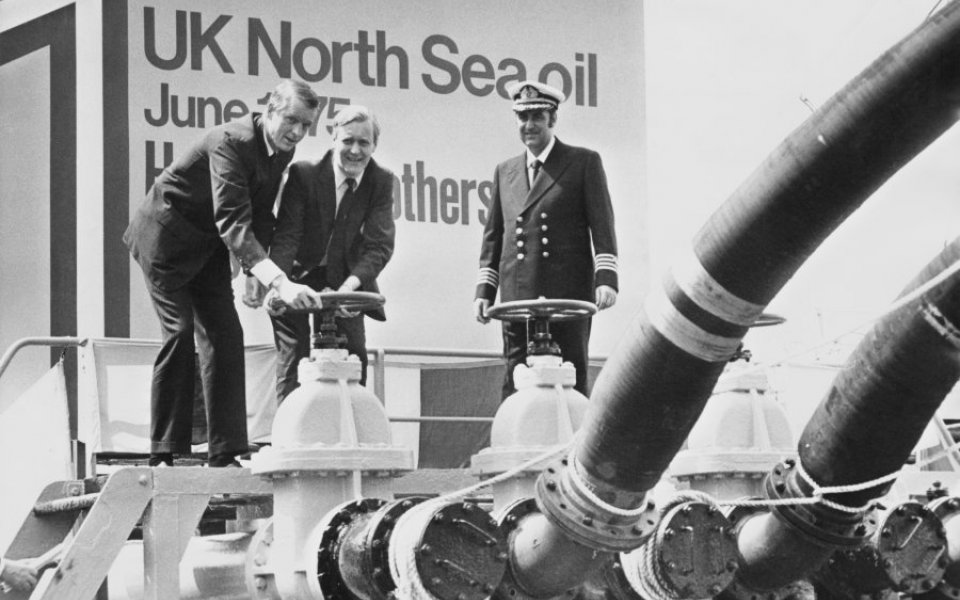Is there a future for UK oil and gas?

Alison Baker, head of UK oil and gas at PwC, says Yes.
Times are tough. Over-supply in the market, lower for longer oil prices and the impending transition to a low carbon world, alongside cost management and working capital issues, are hitting the UK oil and gas industry hard. But it’s not the beginning of the end, providing that corporates, regulators, the supply chain and the UK government recognise that a lot of work is needed to secure the North Sea basin’s future value and cement its position as a specialist skills and innovation hub in areas such as decommissioning. Cooperation is crucial. In today’s environment, another smart strategy for sustaining the flow of oil investments in this mature basin and protecting long-term total tax revenues would be to reduce the tax rates on oil companies. Cutting the headline rate (currently ranging from 50 per cent to 67.5 per cent) and reducing stealth taxes (e.g. licence fees) and the infrastructure tax burden in next month’s UK Budget could provide a much needed cushion – and, crucially, a stimulus for investment and tax-paying employees.
Sebastien Marlier, senior commodities editor at the Economist Intelligence Unit, says No.
Production from the UK’s North Sea oil and gas fields is in decline. Maturing fields, ageing infrastructure and high costs mean that oil output is only a third of what it was 20 years ago. Gas output has fallen by about two-thirds since 2000. The collapse in oil prices since mid-2014 has only exacerbated this, further removing prospects of a North Sea revival. The sector’s hopes, therefore, rest on shale. However, in contrast to the US, where shale production has boomed, shale development in the UK faces big constraints. These include a more complex geography, stronger domestic opposition, less favourable land-ownership rights and significant regulatory hurdles – even if the current government is supportive of the technology. British shale would thus be more expensive to dig out than that in America. With energy prices likely to remain low for years, firms may not see it as a viable option, and the UK’s shale reserves could remain in the ground.